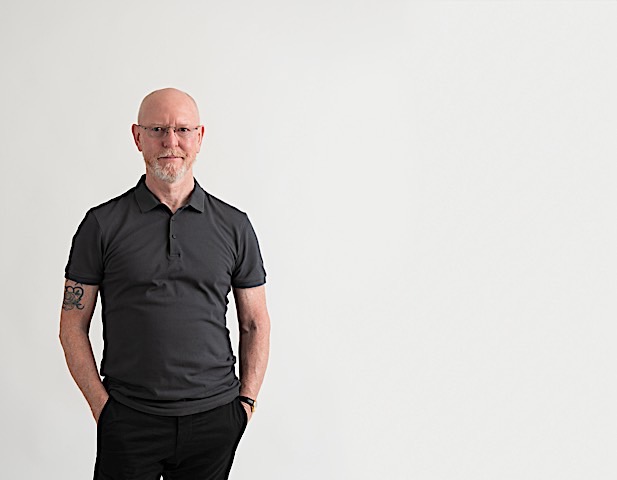Professional success through mastering time and choice
Take a moment to reflect on this: living until 80 means, we will have lived on average for 4000 weeks. At 60, we may only have about 1000 weeks left.
This idea, taken from Oliver Burkeman's book, 4000 Weeks, emphasises the harsh reality that our time is finite. As we age, the race against time intensifies.
Knowledge workers, professionals, freelancers, and consultants often get entangled in endless tasks and responsibilities and feel guilty if they haven't been productive enough. (Rahaf Harfoush)
I've spent hours reading productivity hacks, trying new frameworks and testing new apps to get more done. I've tried over the years to get more done, equating action with progress, and basically, it has brought me nowhere fast. I've had to accept that we cannot do everything, particularly as we age, as many more things demand our attention.
Most time management programs pressure us to achieve more and to focus on to-dos and priorities. However, if you are like me, you begin to realise that with the time left, it is no good leaving it to chance. We must have the means to make sense of what we can do and achieve in the time we have.
Selective Neglect
I have an ever-growing to-do list that requires me to learn what to do and, more crucially, what not to do. It's about making conscious choices to ignore specific tasks, a concept Burkeman terms the "joy of missing out."
Every decision we make eliminates potential others, and saying "yes" to one thing often means saying "no" to another.
Burkeman proposes three strategies for establishing priorities:
Prioritising oneself
Prioritising oneself is accepting the impossibility of doing everything. It means putting yourself first and starting on some of the projects you hoped to get to if only you could complete your current to-do list. You may already realise that achieving your to-do list with so many things competing for your attention is unlikely. Hence, claiming your agency and capacity to act independently, make free choices, and shape your life trajectory through these decisions.
Limiting ongoing projects
Limiting ongoing projects relates to spreading oneself evenly. Burkeman suggests focusing on three projects at most, adding a new one only when another is finished or abandoned. This approach prevents me from overwhelming myself with tasks like maintaining a podcast, writing newsletters, managing a blog, and doing regular client work. While these are work focused, the rest of our time is often just as demanding and more critical, such as time with family and friends and those time-consuming but necessary domestic chores. Yes, I mow the lawns, clean and cook.
Being wary of the medium-importance tasks
The last strategy is learning to say "no." We often commit to tasks out of a desire to please, which can lead to burnout and distract us from what matters. You have undoubtedly agreed to projects or events that take up way more time than you expected but are obligated to continue.
The Future of Time Management
If this article resonates with you, consider reflecting on what truly matters to you and converting what's left of your 4000 weeks into a fulfilling life. Crafting a fulfilling life isn't just about surviving the passing weeks but making them count.
We aren't machines, and it's time that we stopped working like one.
Cheers
Nigel Rawlins
wisepreneurs.com.au
References
Rahaf Harfoush, How burnout makes us less creativehttps://www.ted.com/talks/rahaf_harfoush_how_burnout_makes_us_less_creative
Oliver Burkeman, Four Thousand Weeks, Embrace your limits. Change your life. Make your four thousand weeks count.
Follow Wisepreneurs on LinkedIn to receive tri-weekly thought-provoking articles derived from interesting books I've read, designed to fuel your entrepreneurial wisdom and inspire your personal growth.
Listen to my most recent Wisepreneurs Podcast Interview with Jon Younger, a tireless advocate of the freelance economy.
| Click here to listen |





